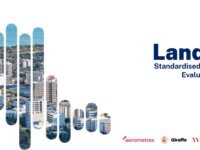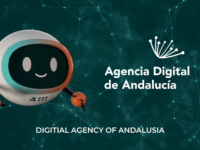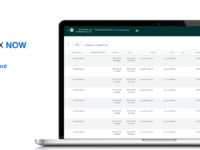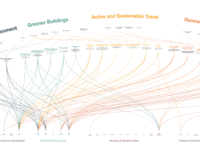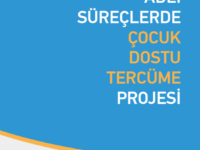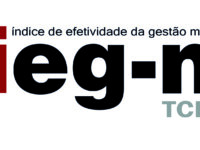Prioritization of projects and initiatives is often challenging and traditionally requires significant investment in administrative time and effort. The Town of Aurora has created a process that automates the prioritization of projects through an algorithm that scores projects based on Service Improvement, Financial Viability, Reputation Improvement and Ease of Implementation.
Innovation Tag: Process Improvement/Simplification
The Preventive Audit in Contracts: Expense, Bidding and Adhesion Analysis System, Sistema Analisador de Gastos, Editais de Licitações e Adesões (ANGELICA) is a robotic automation process (RPA - Robotic Process Automation) based on software, built in Phyton, developed with the objective of monitoring the acquisitions of goods, contracting of services, and budgetary, financial and patrimonial execution. It is based on pre-established criteria, initially within the scope of the organs and…
The NSW Government has developed a whole of government spatial tool to improve planning and pre-development processes. The tool modernises the traditional approach to strategic planning, site assessment & land use evaluation and provides user friendly access to GIS capabilities where multiple agencies can work together on a project in NSW public sector. Through this, government agencies are enabled to make faster, better informed, more transparent and consistent decisions on NSW land.
The provision of European funding for economic recovery after the pandemic favored the provision of significant aid to citizens that needed to be managed quickly to ensure financial sustainability. Previously, this was done manually, which caused difficulties in resolving them in due time and form. For this reason, the aid robotization process was implemented to speed up the procedures, releasing administrative burdens and responding to citizens' requests in an agile and efficient way.
First platform in the industry which support standalone and integrated workflow solution for any inspection,which leads to increased efficiency,security,and accuracy of inspection operations through virtual-inspection capability that enables the inspection teams to work remotely and reduce the need for field visits and addresses some pain points which includes inconsistency in quality,time consumption and resource management.stakeholders include Inspectors, Schedulers ,System admin,inspected org
Achieving carbon neutrality requires collective action involving businesses and residents and encouraging them to participate in local governance processes. The most immediate challenge to enable collaboration is to effectively communicate the multiple lines of actions and operational objectives. The Visual Action Plan gives a holistic overview helping public officers to collaborate internally and externally.
The innovation refers to a structured platform for cooperation between the Municipality of Amaroussion and the private sector for the public benefit. Corporate Social Responsibility resources are used to cover identified local needs in synergy with public interventions/services. Following a minor organisational reform, a team of officials has been trained to implement an innovative customised methodology that allows visibility and accountability and promotes the extroversion of public sector.
The project is aimed to prevent the loss of the rights of refugee children in Türkiye due to language and translation difficulties in judicial processes. Children involved in judicial processes, translators, judges-prosecutors and other auxiliary judicial staff have benefited very much from the project. For the first time, the capacity of translators has been strengthened and the secondary trauma risks of children have been mimized.
The AJSC has developed a new model to measure the determinants of the ‘quality of life’ in Ajman, covering six key areas of public service. The Model comprises a comprehensive factor measurement framework embedded on a sophisticated web-based application, with inbuilt protocols for scientific data collection, project management, data visualization and reporting. It systematically measures gaps and impact of interventions, via targeted performance assessment of framework factors.
The reason for creation was to improve inspection models of external control, which were based mainly on legality and conformity. IEG-M index is an instrument for measuring public area effectiveness, as it analyses the inputs, resources and processes of the local administration, evaluating its policies and activities. There are many finalistic results indexes, but none of them deals with the evaluation of processes to analyse the application of public money that impacts local communities.


